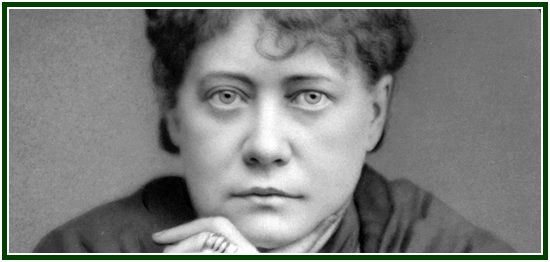
Deep Satisfaction and Contentment
Are Produced by the Love of One’s Duty
Carlos Cardoso Aveline

* We can see life more clearly by leaving aside the short-term events. Both Western and Eastern wisdom traditions cultivate and teach the practice of patience. Slow action expands one’s perception.
* The feeling of tranquility invites us to investigate the nature of Unlimited Duration. While illusions live in a narrow space and within the short-term time, wisdom inhabits large spaces and vast periods of Duration, which are more directly connected to the Eternal Reality.
* The process of self-education must be constant. To meditate is to transcend the effort to obtain short-term objects. By abandoning all personal interest, we contemplate the fullness of life which is beyond thought. Such a completeness has no name; it cannot be properly described or labeled. Spiritual wholeness can only be lived.
* However supported by the big media perhaps, soul-less political projects have no future. The blind worship of financial interests leads nowhere, and the same occurs to other materialistic illusions.
* The future of mankind is luminous. The ancient wisdom is very much alive. In the East as in the West, ignorance is a passing phenomenon that comes and goes, while divine knowledge is eternal.
* The following prayer seems to belong to the Vedic tradition. It circulates – with small differences in wording – among various esoteric circles. Its authorship is also ascribed to this or that person. However, the value of its idea is real, and it is permanent:
* More radiant than the Sun,
Purer than the snow,
Finer than the ether
Is the Self,
The spirit within my heart.
I am this Self, this Self am I.
Living on Another Planet
* Illusion generates illusion, and mental negativity results from the collective exaggeration of personal desires.
* On the other hand, deep satisfaction and a lasting contentment are produced by the love of one’s duty, by the joy of fulfilling one’s own tasks, by the decision to make each cycle of 24 hours a complete work of art, and by the habit of looking at life as a creative process which never ceases and never excludes anyone.
* He who knows his true Goal lives as if he were on a different planet from one whose life is but blindly dictated by short term circumstances.
The Art of Reading the Secret Doctrine
* The language with which “The Secret Doctrine” [1] addresses cosmic and human processes is complex and perplexing. Dealing with this is the price to pay for an invisible but extraordinary process. The study of that book activates new brain circuits and accelerates the individual birth to a kind of consciousness that is capable of directly understanding the Cosmos.
* The difficulty of the reading the S.D. turns out to work as a pedagogical tool. It makes it sure that we can only understand that work according to the merit we have, or the syntony. And that factor depends on our degree of calm concentration in studying universal principles and cosmic reality.
* One’s understanding is attained by layers. It depends on the art of combining a horizon of 360 degrees with symmetric factors such as concentration on the highest, detachment from lower things, and one-pointedness. Whatever our level of learning, we have the key that leads to higher layers of understanding. By trying incessantly, the student gathers the necessary energy and reaches his due amount of insight.
* It is no accident that “The Secret Doctrine” revolves around two sets of oriental verses of great inner beauty. Deep religiosity is poetic. Most classics of eternal wisdom express the rhythmic and transcendent harmony of all beings and every existing thing. The mythologies and sacred writings of the most diverse nations exemplify the fact. It is correct, therefore, to say that the life of the universe and the life of each soul must be studied through a poetic understanding, although no form of wisdom is tied to any particular approach.
NOTE:
[1] The book is available in the websites of the Independent Lodge of Theosophists.
000
The above article was published as an independent item in the associated websites on 29 January 2023. An initial version of it – with no indication as to the name of the author – is part of the January 2021 edition of “The Aquarian Theosophist”, pp. 11-12. The Note “The Art of Reading the SD’ is reproduced from pp. 12-13 in the same edition. It is a translation from part of the Foreword, written by CCA, to the Portuguese-Brazilian Online Edition of “The Secret Doctrine”, by Helena Blavatsky.
000
Print the texts you study from the associated websites. Reading on paper helps us attain a deeper view of philosophical texts. When studying a printed text, the reader can underline sentences and make handwritten comments in the margins that link the ideas to his personal reality.
000
Read more:
* The Shock Doctrine, by James Richards.
* Other writings of Carlos Cardoso Aveline.
000

Helena Blavatsky (photo) wrote these words: “Deserve, then desire”.
000